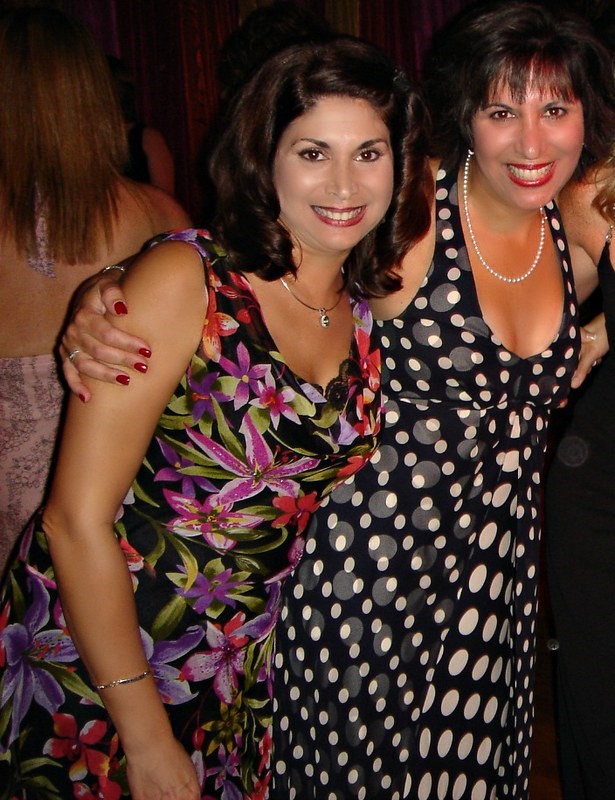Twin Love

Can you love your twin more than anyone else and still make room for other significant relationships? An ashamed female patient recently asked if loving her twin more than her children and husband was inappropriate. I have personally interacted with many twin pairs who forthrightly acknowledge that their connection far surpasses all other intimate bonds. Why are some pairs able to live comfortably with this dynamic while others feel conflicted?
Generally speaking, I believe the distinguishing factor is the degree to which the twins emotionally rely on one another without expecting exclusivity. The female pairs I know who achieve this happy medium are content with their twin and with their partners. They experience reciprocity with their significant others while seeking out their twin for validation, solace, and advice in areas where they are reluctant to confide in others. Their significant, satisfying, and sacrosanct shared history evokes a profound connection not commonly experienced with different-age siblings.
On the other hand, the adult female twins who cannot juggle a healthy balance between their sister and their significant others often find themselves disappointed and enraged with loved ones who cannot meet their emotional needs. In these unhappy circumstances, one or both twins feel disillusioned and emotionally abandoned by their nontwin intimates. In an unrealistic quest to replicate the closeness of their twinship, they frequently discover that no one can live up to the real or imagined fulfillment provided by their sibling. Feeling misunderstood and longing for an idealized connection, the twins yearn to return to one another to find the unconditional love, acceptance, and understanding that they perceive as missing.
I have counseled many twins caught in this conundrum. Settling for what one knows rather than seeking out new ways of relating is often easier. When a patient is willing to reflect on the function the twin bond played during childhood, she can evaluate how the present connection with her sister either enhances or cripples her longing for healthy intimacy with others. By successfully navigating the past and honestly assessing the present, she can gauge how healthy the twinship really is.
Image is in the public domain courtesy of Lynda A from Flickr

